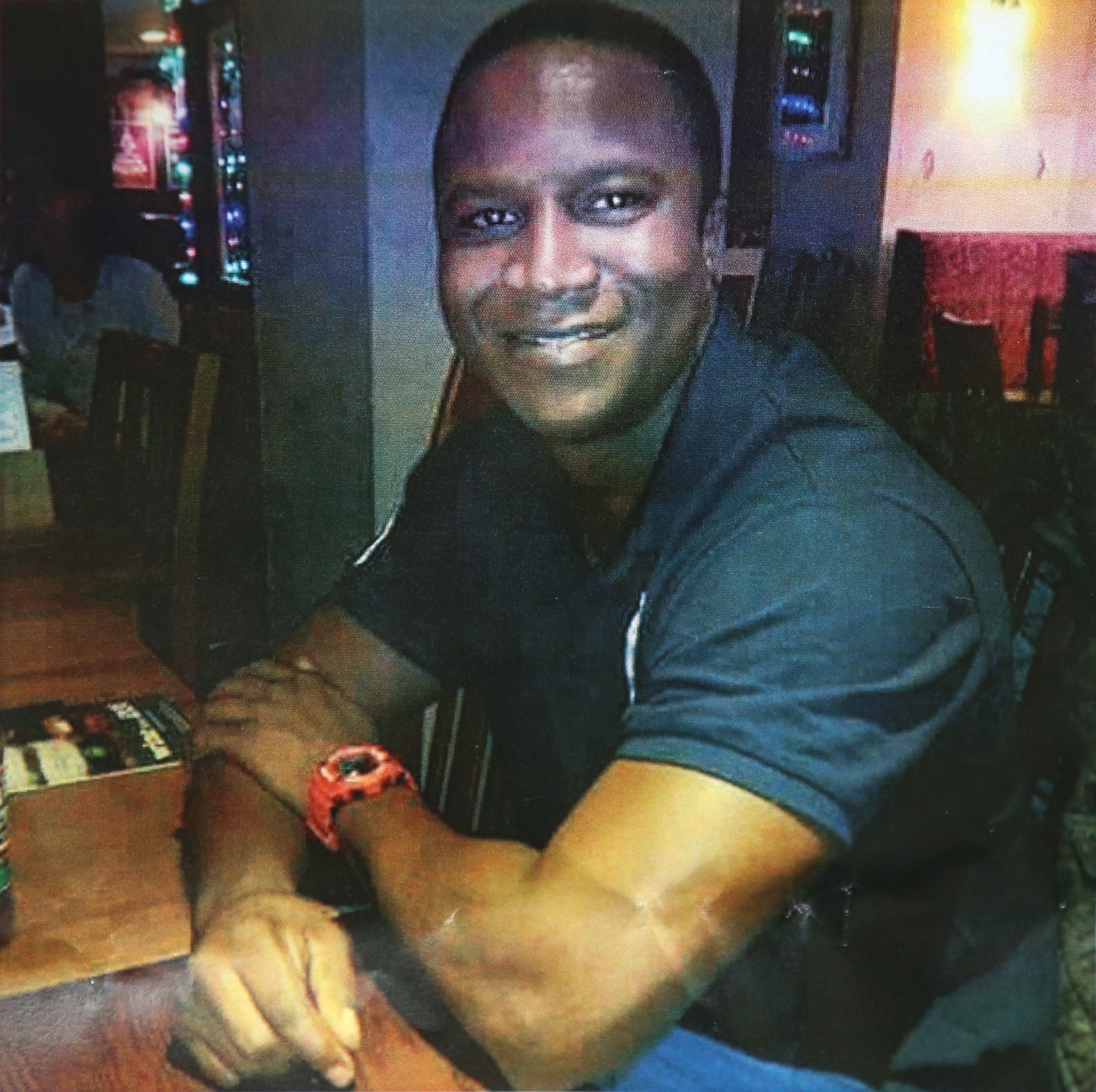
The former judge heading the public inquiry into the death of Sheku Bayoh in police custody is seeking undertakings from both Police Scotland and the Crown in a bid to ensure it hears “full and frank” evidence from the officers involved.
Lord Bracadale made clear he was not asking for immunity on behalf of any officer or former officer.
However, he will request undertakings from both the Solicitor General and Deputy Chief Constable of Police Scotland in regard to the evidence given by key police witnesses.
It comes after lawyers for the Scottish Police Federation and officers involved in the case made clear they want an undertaking that no evidence given to the inquiry by any officer will be used against them in any criminal proceedings, or when deciding if they should face prosecution.
Without this, a preliminary hearing for the inquiry last month heard that some officers could refuse to answer questions about Mr Bayoh’s death.
Without the undertakings my ability to hold individuals to account will be severely limited
The 31-year-old died in May 2015 after being restrained by officers who were responding to a call in Kirkcaldy, Fife.
The gas engineer’s family have claimed race played a part in his death and criticised the subsequent investigation.
An inquiry into his death, announced in December 2019, is considering issues including the circumstances of the death, the post-incident management and the extent to which events leading up to and following Mr Bayoh’s death were affected by race.
Lord Bracadale stressed the “limited nature of the undertakings” he was seeking from the police and prosecutors.
He said without them Mr Bayoh’s family “are most unlikely to hear the full evidence of the officers”.
The inquiry chair said: “It is vitally important that all should understand the limited nature of the undertakings which I request.
“The requests do not seek immunity from prosecution or disciplinary proceedings.
“In the event that new evidence against officer A emerges in the inquiry, it will be open to the Solicitor General and the Deputy Chief Constable to make use of that material as they think fit.
“The undertaking is restricted only to the use of evidence provided to the inquiry by officer A.”

It is understood that similar undertakings have been given in other public inquiries, with Scots law allowing a witness to refuse to answer a question if telling the truth could incriminate themselves.
Lord Bracadale stressed the inquiry would require access to full evidence from “crucial” witnesses if it is to complete its work.
He stated: “I have repeatedly stressed the important public interest in striving to ascertain the truth in the Sheku Bayoh inquiry.
“My task is to search for the truth through the evidence. That will involve a consideration of the whole evidence, making of findings in fact and drawing inferences from proved facts.
“Each of the officers and former officers is a crucial witness in respect of highly important and potentially controversial aspects of the terms of reference.
“The exercise of the right against self-incrimination by these witnesses would be likely to have a profound effect on my ability to reach the truth of what happened.”
He continued: “I have committed to ensure that the family of Sheku Bayoh are at the heart of this inquiry. They have a strong interest in hearing the fullest account of what happened on May 3, 2015 leading to the death of Sheku Bayoh.
“The full evidence of the key witnesses is essential to achieving that. In the absence of the undertakings, the family are most unlikely to hear the full evidence of the officers.
“The terms of reference require me to hold individual officers accountable for their actions. In order to do that, I will require the full and frank evidence of officers and former officers to be available to the inquiry.
“Without the undertakings my ability to hold individuals to account will be severely limited.”






